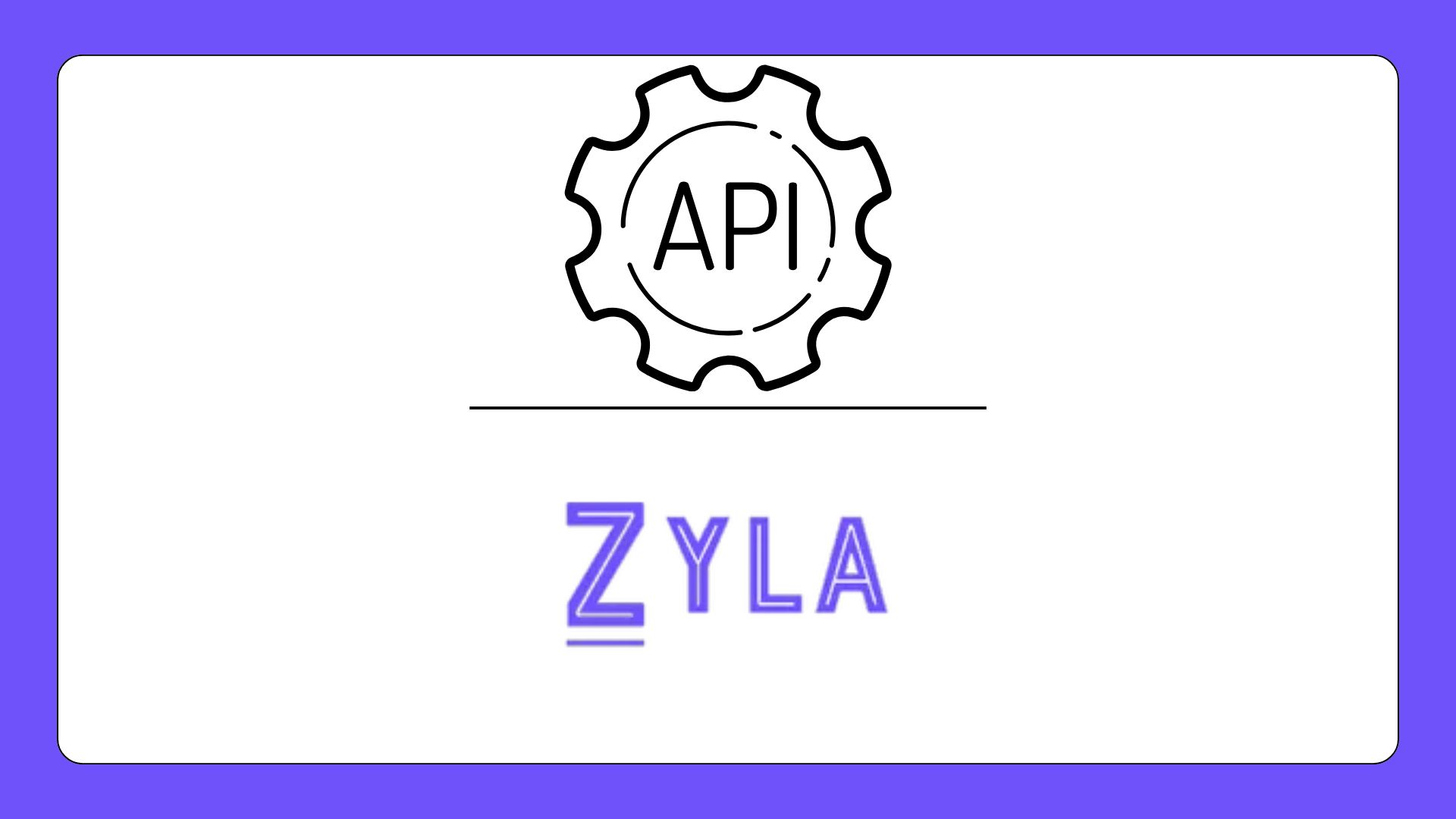Masks Detection APIs For Security In 2024

With the help of cutting-edge AI technology, Masks Detection APIs have become a game-changing tool that can instantly identify people wearing masks. The integration of these cutting-edge technologies has been led by platforms such as Zyla API Hub, which provide scalable and seamless solutions that are suited to contemporary requirements.
Zyla API Hub: Regulatory Implications and Legal Considerations
While Masks Detection APIs provide invaluable services in maintaining security and health compliance, their use must be balanced with privacy concerns. The collection of visual data, especially in public spaces, raises questions about how personal data is handled and stored. Governments worldwide are tightening privacy regulations, with laws such as the GDPR (General Data Protection Regulation) in Europe and CCPA (California Consumer Privacy Act) in the United States putting strict limitations on how organizations can process personal data.
Zyla API Hub ensures that its Masks Detection API adheres to the highest standards of privacy and data protection. By anonymizing data and ensuring that only necessary information is collected, it guarantees that their solutions comply with all relevant data protection laws, offering businesses peace of mind when it comes to legal requirements.
As these technologies become more integrated into public and private sector operations, businesses will need to be increasingly diligent about their data handling practices. Implementing transparent privacy policies, obtaining consent for the use of visual data, and offering users the right to opt-out are key considerations that companies must keep in mind when deploying Masks Detection APIs.
The versatility of Masks Detection APIs makes them a natural fit within larger security ecosystems. By integrating seamlessly with other security technologies, such as facial recognition, license plate recognition, and AI-powered surveillance systems, these APIs provide an extra layer of safety. For instance, airports and other transportation hubs can leverage these combined technologies to not only ensure compliance with mask mandates but also to identify potential security threats, like identifying individuals who are not registered in the system or have questionable backgrounds.
As security systems become more integrated, the synergy between these APIs and other surveillance tools will enable organizations to offer more comprehensive protection. Instead of relying on isolated security systems, businesses will be able to create a unified security infrastructure that addresses both health compliance and traditional security threats in one seamless framework.
Final Thoughts: The Road Ahead for Masks Detection APIs
As the world continues to evolve, the role of Masks Detection APIs in security and monitoring will only become more significant. Their ability to seamlessly integrate with existing security infrastructure, ensure compliance with health protocols, and enhance real-time security measures makes them indispensable in a wide range of industries. The continuous advancements in AI, machine learning, and computer vision will ensure that these APIs only get smarter, more accurate, and more adaptable to new challenges.
For businesses looking to stay ahead of the curve, leveraging platforms like Zyla API Hub provides a powerful way to tap into the full potential of Masks Detection APIs. The convenience of scalable, accurate, and cost-effective solutions makes Zyla’s API a leading choice for businesses across industries.
The future of mask detection technology is promising, with endless applications across healthcare, retail, security, and beyond. As we look ahead, the continued development of AI-powered solutions will ensure that mask detection—and broader security measures—remain at the forefront of global safety strategies. Exploring and integrating these technologies today ensures that businesses are prepared for the challenges and opportunities of tomorrow.







